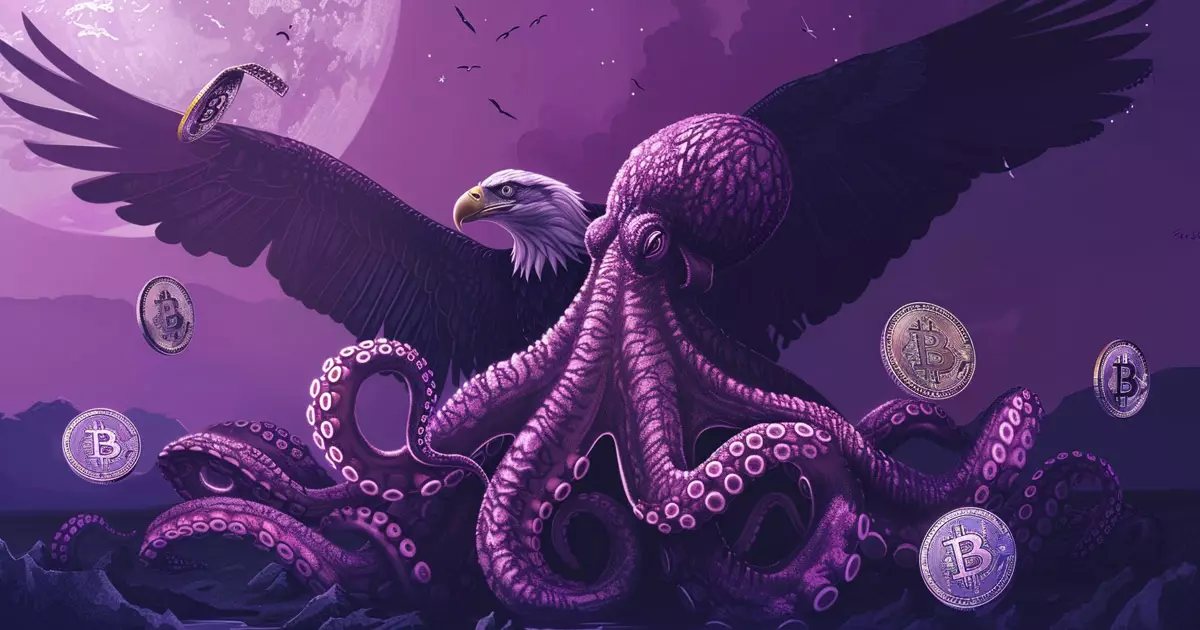In a recent development, a federal judge in California expressed his inclination towards allowing the US Securities and Exchange Commission’s (SEC) lawsuit against Kraken to proceed. This decision casts doubt on the exchange’s hopes of having the case dismissed. The judge, William Orrick, mentioned that he was leaning towards denying Kraken’s request to dismiss the case as the exchange presented its oral argument. He found it “plausible” that the digital assets offered on the platform could be construed as investment contracts.
Kraken’s lawyer, Matthew Solomon, refuted the SEC’s claims by stating that the assets were not being promoted or promised as securities. He argued that the SEC needed to prove that Kraken broker-traded or cleared the supposed securities rather than just labeling them as such. Solomon pointed out that trading an “ecosystem,” “concept,” or “understanding” does not fall under the purview of securities regulation.
The ongoing legal battle between Kraken and the SEC has drawn comparisons to the case against Coinbase. In the Coinbase ruling, the SEC successfully argued that certain crypto transactions could be deemed as investment contracts. However, Solomon urged Judge Orrick to reconsider this precedent and criticized the broad interpretation of a “crypto ecosystem” used in the ruling. On the other hand, SEC attorney Peter Moores defended the application of the Howey Test and emphasized the substance of transactions over their form.
Kraken also invoked the major questions doctrine, which necessitates clear congressional authorization for regulatory actions with significant national impact. Nonetheless, Judge Orrick appeared unconvinced by this argument, stating that he didn’t see it as a major question or a significant expansion of regulatory authority. The exchange’s attempt to draw parallels with the SEC’s case against Ripple did not sway the judge’s opinion either.
Solomon urged Judge Orrick to apply the “economic reality” principle to the case, similar to how it was done in the Ripple case. He argued that Kraken was not trading investment contracts but rather digital assets alone. Drawing from Judge Analisa Torres’ decision in the Ripple case, he emphasized the importance of analyzing the economic reality of transactions rather than relying solely on labels and definitions.
As the legal battle between Kraken and the SEC unfolds, it is clear that both parties are firmly entrenched in their positions. While Kraken is adamant that it is not trading investment contracts and therefore does not require SEC registration, the SEC is resolute in its stance that certain assets on Kraken’s platform could be construed as securities. The judge’s ultimate decision will have significant implications not only for Kraken and the SEC but also for the broader cryptocurrency industry. Only time will tell how this high-stakes legal showdown will conclude.
















Leave a Reply